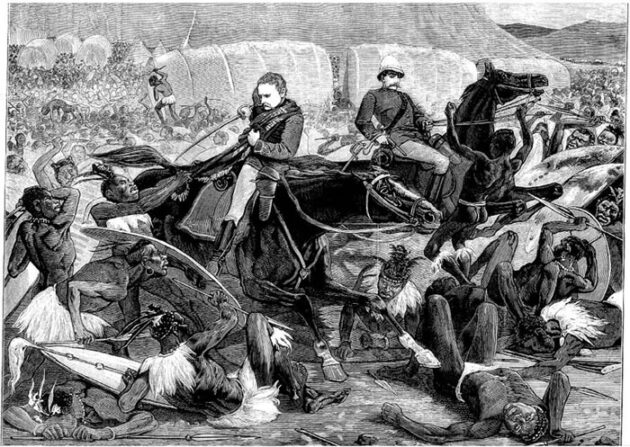A Growing Crisis Backed by Realities
Introduction
The urgent plight of white African farmers has garnered international attention as they confront escalating violence, displacement, and unequal treatment across multiple African countries. Against this backdrop, profound concerns arise regarding human rights, social justice, and the future sustainability of agriculture on the continent.
Historical Context

White African farmers, descendants of colonial settlers, have played an instrumental role in shaping agricultural landscapes across several African nations. Their vital contributions to local economies, food security, and rural development have been documented over generations, despite the complex legacy of historical colonialism and lingering land ownership disputes. This intricate history sets the stage for the challenges currently faced by these farmers.
Escalating Violence
Recent years have witnessed a troubling surge in violence targeting white African farmers, with alarming reports of targeted attacks and land seizures surfacing in countries like South Africa, Zimbabwe, and Namibia. These attacks, which include incidents of murder, assault, and theft, have dire consequences, not only jeopardising the safety of these farmers but also disrupting agricultural production and destabilising local economies.
Land Disputes and Political Landscape
The overarching issue of land ownership remains a contentious and deeply rooted concern, fraught with historical complexities and colonial legacies. The endeavours of governments to redistribute land to historically marginalized communities have often disproportionately affected white farmers, perpetuating racial tensions and exacerbating societal divisions. These dynamics further exacerbate the multifaceted challenges at play.

Humanitarian and Economic Implications
The humanitarian and economic ramifications of the crisis facing white African farmers are profound. Families are uprooted from their lands, local communities grapple with food scarcity due to disrupted agricultural production, and abandoned farms threaten the economic fabric of regions. The loss of agricultural knowledge and expertise compounds the challenges, impacting food security and sustainable rural development.
Global Response
The international community faces a critical juncture, compelled to address this crisis through resolute advocacy for human rights, social justice, and equitable land reform policies. Diplomatic engagements, international pressure on governments, and media coverage are pivotal in amplifying awareness about the multifaceted struggles endured by white African farmers. Collaborative initiatives involving governments, non-governmental organizations (NGOs), and international bodies offer potential avenues for sustainable solutions.
Promoting Unity and Reconciliation
Resolving the crisis at hand requires a comprehensive approach that fosters unity, reconciliation, and shared prosperity. Transparent land reform policies prioritizing fair compensation, inclusivity, and sustainable agricultural practices are pivotal steps for governments to undertake. Constructive dialogue between stakeholders, encompassing white farmers and historically marginalized communities, forms a cornerstone in cultivating mutual understanding and trust among divergent groups.
Conclusion
The challenges faced by white African farmers underscore the pressing need for swift and coordinated international action. As violence escalates, land disputes persist, and systemic inequalities endure, a united effort is imperative to champion human rights, social justice, and the sustainable future of African agriculture. By nurturing unity and reconciliation, African nations can forge a path toward a harmonious, inclusive society where all citizens, regardless of their racial backgrounds, contribute to a prosperous future.
References:
- The Guardian: Could mRNA Technology Revolutionize Cattle Vaccination?
- ScienceAlert: Challenges and Ethical Considerations in Applying mRNA Vaccines to Livestock
- Nature: Implications of mRNA Vaccine Deployment in Agriculture
- National Geographic: Unraveling the Unknowns of mRNA Vaccines in Veterinary Medicine
- The New York Times: The Environmental and Ecological Ramifications of mRNA Vaccine Dissemination
- Reuters: The Balance Between Technological Progress and Ethical Concerns in Livestock Health
- Science Magazine: Unpacking the Motivations Behind the Push for mRNA Technology in Cattle




































